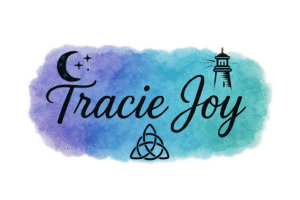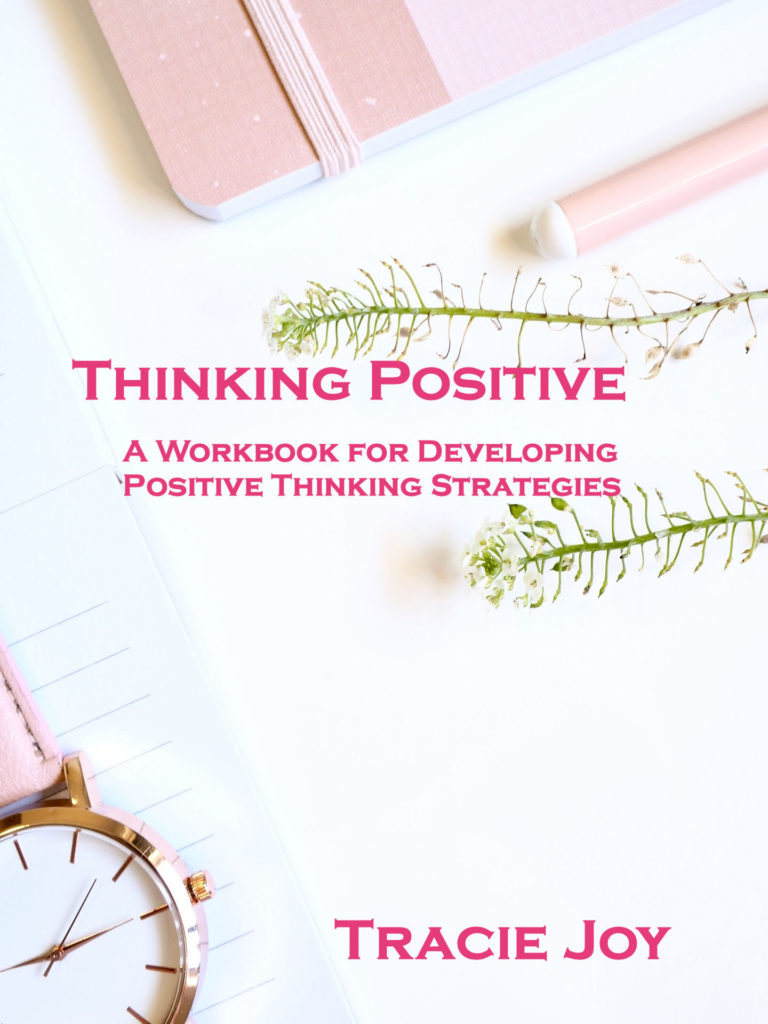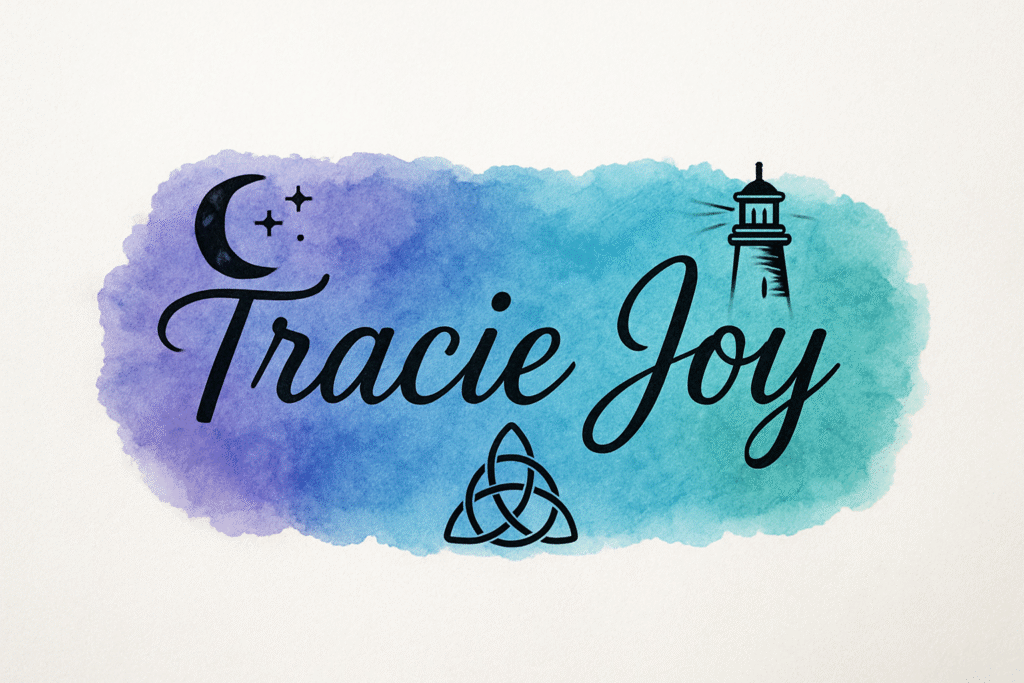Imposter Syndrome: Why Writers Feel Like Frauds And How To Shut That Voice Up
Have you ever experienced imposter syndrome? If you have ever stared at your own writing and thought, “Who gave me permission to do this>” Then congratulations, you have. It shows up for writers more than almost any other creative

group, mostly because writing requires you to put part of your brain, soul, heart, and childhood trauma on display while strangers judge it like a talent show you never signed up for.
Here is the wild part though. Almost everyone deals with imposter syndrome. That includes bestselling authors, teachers, students, podcasters, and people who still have to Google how to spell “guarantee.” The fear does not mean you are untalented. It just means your brain is trying to keep you safe from imaginary danger. The trick is learning to work with that fear instead of letting it run your life.
Why Writers Are Targeted By Imposter Syndrome
Writers are easy prey. We live in our own heads. We imagine entire worlds and characters out of thin air. Then we hand that imagination to other people and wait to see if they like it. It is the creative equivalent of standing in the cafeteria with a new haircut and hoping nobody laughs.
Imposter syndrome hits writers because:
Writing always feels personal
Even when you pretend it is not, people can feel you in your words. That vulnerability can trigger panic faster than a student who suddenly remembers a test is today.
The comparison trap is real
Every writer has compared their messy draft to someone else’s polished book. That is like comparing your behind the scenes footage to someone else’s edited highlight reel. Unfair. Unhelpful. Completely human.
Rejection is part of the process
Agents reject. Editors reject. Readers reject. Even your cat might reject you if you stop petting it to write. Rejection is baked into the writing life, and sometimes it feels personal even when it is not. A form letter can convince you that your

story is terrible. A lukewarm comment can make you second-guess an entire chapter. A bad review from someone who clearly skimmed can send you spiraling into the land of “Why do I even bother.”
It is wild how quickly one “no” can drown out a dozen “yes” moments. That is how imposter syndrome sneaks in. It grabs that rejection and waves it around like proof. But rejection is not proof of failure. It is proof that you are in the arena, doing the work, showing up with your heart on the page. Constant rejection can make imposter syndrome feel like truth, but it is not truth. It is noise. The only voice with any authority over your writing is your own, and you get to decide how loud it is.
Teaching makes it even weirder
When you are a teacher who writes, you deal with a special flavor of imposter syndrome. You can explain structure and theme and characterization to students all day long, but when it is time to write your own pages, suddenly your brain forgets what a sentence is. You are not alone. Most teachers who write deal with the same contradiction.
Teacher Brain Versus Writer Brain
Teacher brain loves rules, structure, clarity, and rubrics. Writer brain loves chaos, imagination, and talking to fictional people who live in your head rent free. Teacher brain wants everything organized before you begin. Writer brain wants you to jump in and fix it later.
This conflict can convince you that you are doing both jobs badly. The truth is the opposite. Having two brains is a superpower. You switch between creativity and analysis like someone flipping a light switch. That dual skill set is rare, and it can make your writing stronger.
How To Fight Back When Imposter Syndrome Attacks
You cannot banish imposter syndrome forever, but you can stop it from bossing you around. Here are strategies that work for both writers and teachers.
1. Catch the script and rewrite it
Your brain says, “I am not good enough.”
You answer, “I am learning.”
Your brain says, “Everyone is better than me.”
You answer, “Everyone starts somewhere.”
Your brain says, “I should give up.”
You answer, “Absolutely not. Watch me keep going.”
It feels cheesy at first. Stick with it. Cognitive reframing is backed by research. The American Psychological Association even writes about it here:
APA: Understanding the Imposter Phenomenon.
If you can reframe a middle schooler’s meltdown about a missing pencil, you can reframe your own doubt.
2. Remember that learning never stops
Writers are always apprentices. You grow by writing more, reading more, and trying again. Feeling like you do not know enough is not a sign of incompetence. It is a sign of growth.
In fact, many of the greatest villains in literature were written by authors who once felt like beginners. If you want a fun craft dive, take a peek at your own post on creating villains that readers love to hate:
How to Write Believable Villains Readers Love to Hate. It is a perfect reminder that you can build unforgettable characters even on the days when imposter syndrome is loud.
3. Use teacher energy to your advantage
If you can explain a concept to a student, you can explain it to yourself. Give your writer brain the same compassion you give the kid who insists he studied but accidentally studied the wrong chapter.
4. Create tiny, winnable goals
Imposter syndrome hates momentum. Write for ten minutes. Outline one scene. Fix one paragraph. Every tiny win builds confidence and makes your inner critic sit down and hush.
5. Celebrate the wins, even the small ones
Finished a chapter? Celebrate.
Posted a blog? Celebrate.
Wrote an angry paragraph about your day that will never be published? Celebrate that too.
Wins count even if they are chaotic.
Final Thoughts: You Belong Here
If you are a writer, you are a writer. You do not need permission. You do not need a certificate. You do not need a magical voice that never doubts itself. You only need to show up, tell your stories, and keep going.
Imposter syndrome may whisper in your ear, but it does not get to hold the pen.
You do.



